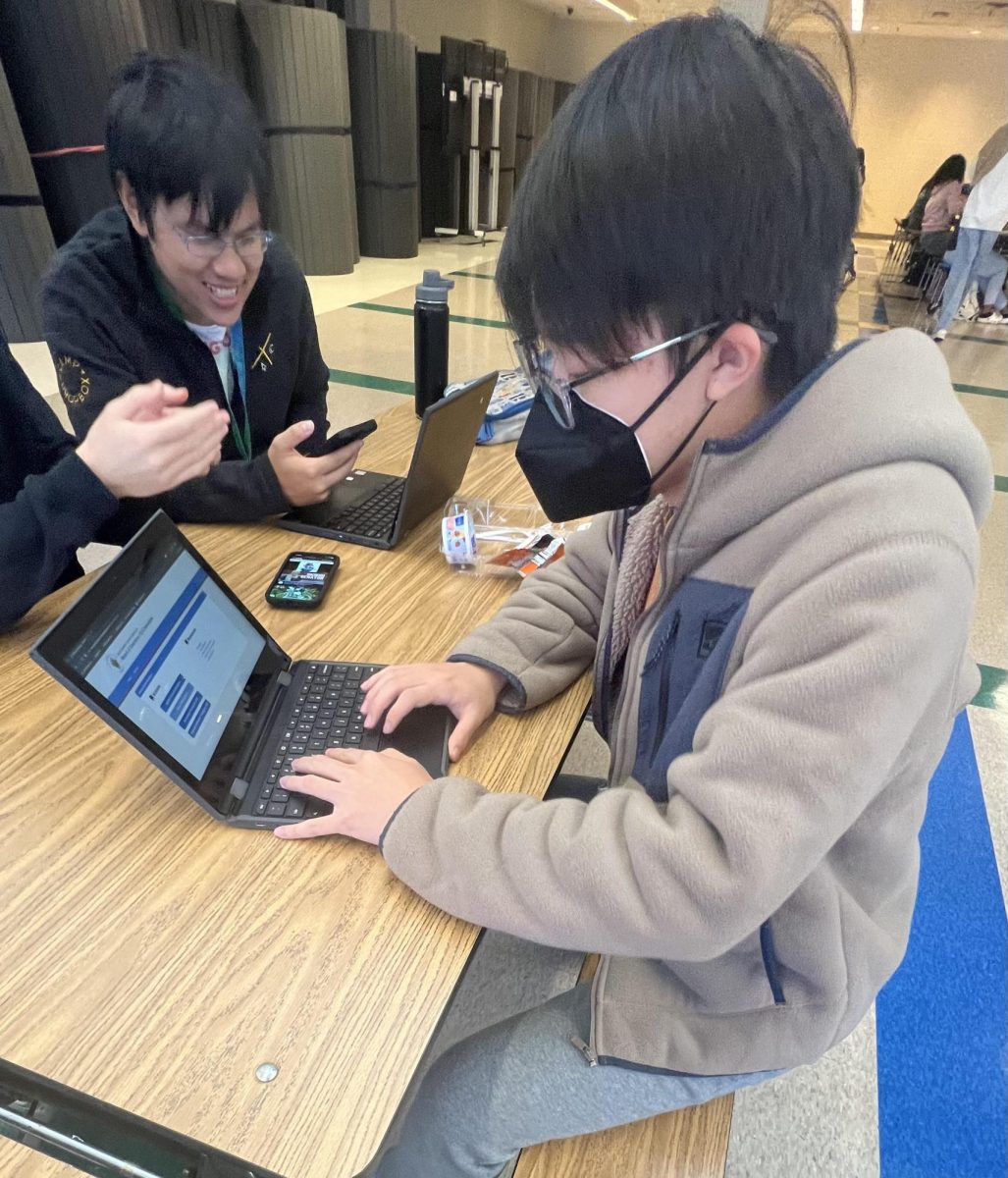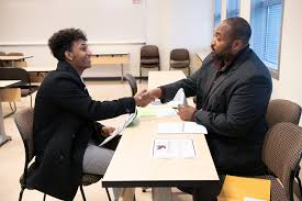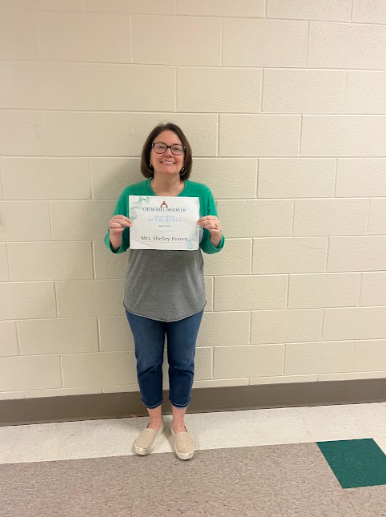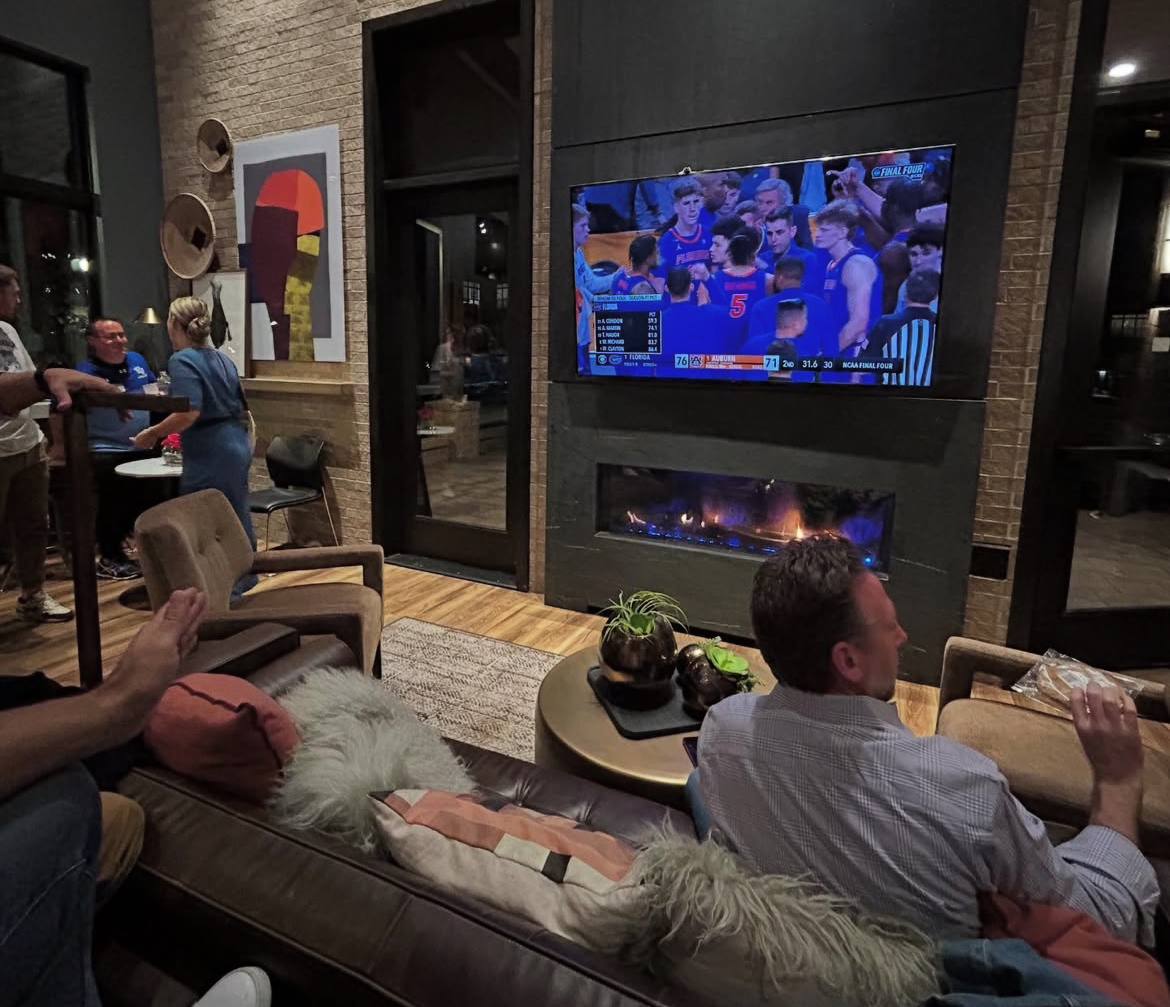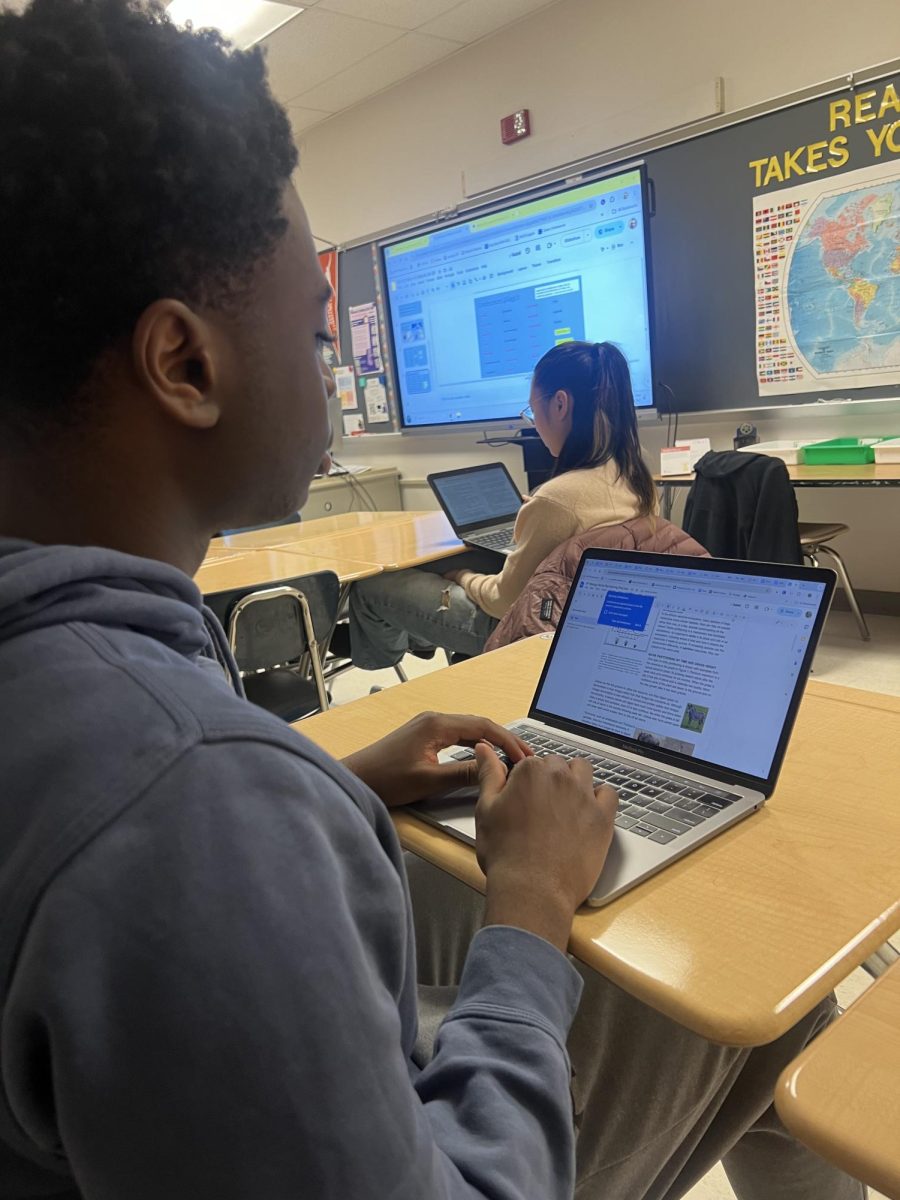As some Americans prepare to vote in the upcoming general election, millions plan to stay home. According to the Pew Research Center, just 37 percent of eligible voters participated in the last three general elections, with numbers even lower for local contests. Amidst crushing voter apathy, especially in Generation Z voters, Montgomery County has taken steps to engage future voters at a young age.
The county’s Board of Elections (BOE) has launched programs to train election workers before they are old enough to vote, in hopes of encouraging future participation. Despite this, WCHS senior Steven Li, who became an election worker through the program, has little care for politics.
“I have not formed significant opinions on politics as of yet,” Li said. “People tend to have more things to worry about. People can be selfish, and find it difficult to care about policies that don’t directly affect them, because their life will go on as usual.”
Many policies also aim to make voter registration more accessible. For example, the National Voter Registration Act of 1993 was a landmark law that allowed voter registration while getting Driver’s Licenses and Learner’s Permits. Despite it being the primary enrollment method for many WCHS students, Li – who is required by Maryland law to register in order to become an election worker–did not do so in this manner. Instead, he only registered to vote under the incentive of earning SSL hours.
“I did not register to vote while getting a license, and did it separately,” Li said. “It wasn’t particularly difficult, but it took a long time for me to be confirmed. But I do not think [becoming an election worker] encouraged me to participate in elections.”
Despite Li’s doubts about the efficacy of the policies, Dr. Gilberto Zelaya, the BOE’s Public Information Officer, believes that involving students at a young age leads to more informed and responsible voters. Specifically, he says the BOE’s “Future Vote” initiative, which gives middle and high school students the opportunity to work at polling places,encourages civic participation.
“I still get young men and women voters who come up to me, and say ‘I did the program. I was in middle school, 18 years ago,’” Zelaya said. “[And I’ll ask] what do you do now? And they’ll say ‘I’m an attorney, an election worker, and ever since I registered to vote, I’ve always voted.’”
From weekday elections to long lines, voting can be a hassle. Maryland benefits from an extensive array of laws aiming to make voting as easy as possible. Ballots can be received from a number of locations and come in many forms to ensure the process is doable regardless of age and technological know-how. Furthermore, voting by mail has expanded significantly since many voters used it for the first time during the COVID-19 pandemic.
“We have team members that will process those hundreds and hundreds of applications that come in daily from individuals, whether it’s the traditional paper version from places like a farmer’s market or from the library to cast a mail-in-ballot,” Zelaya said. “We are running a mini-postal service right now. We have 58 drop boxes strategically placed throughout Montgomery County, and if you text the word ‘Box’ plus your zip-code to 777-888, you could obtain the nearest drop box.”
On top of accessibility, community outreach is essential to get people voting. Zelaya says that civic-minded individuals have an important role to play in that process. Many of them, especially high schoolers, are recruited to serve as multilingual translators. But no single demographic can be focused on, with the primary objective always being to give everyone a fair chance.
“We do grassroots outreach,” Zelaya said. “We work with different organizations, we do a lot of media outreach. It’s a multi-pronged event. It’s not just one silver bullet that will cure all modes of information. We encourage individuals to follow us on social media, because we’re also putting little videos, vignettes and behind the scenes. The majority of voters do not know what really occurs, so the more you know, the more successful you’ll be [on election day].”


